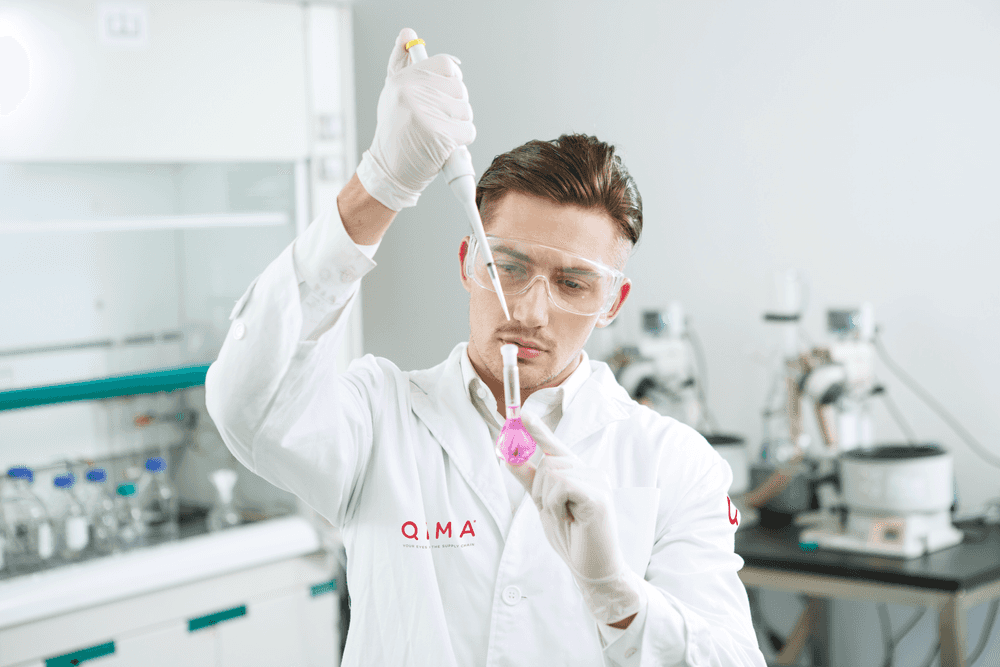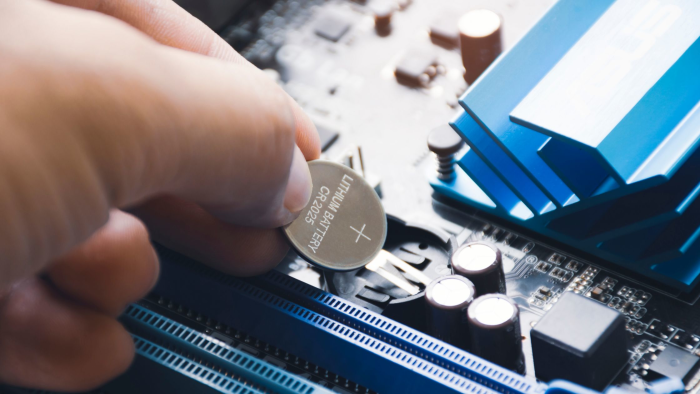
Ensuring the Safety of Juvenile Products for the US Market
There are many products on the market intended to keep babies and children healthy, comfortable and happy. Given the sensitive nature and use of these products, there are strict manufacturing and regulatory standards in place in the United States to prevent hazardous products causing harm to children. It’s essential that brands and manufacturers comply.
Let’s explore the US requirements for juvenile products and how brands can meet them in this article.
Get the latest industry insights in your inbox. Sign up for the QIMA newsletter.
Unsubscribe at any time. Read our privacy policy
What is a juvenile product?
In the US, durable juvenile products are those intended for use or reasonably expected to be used by children under five years of age. These items include:

Baby changing products
Bassinets, cradles, cribs, beds and portable bed rails
Booster seats
Carriages, strollers and carriers
Gates and enclosures
High chairs, portable hook-on chairs, children’s folding chairs and stools
Infant bath seats and tubs
Infant sleep products
Infant swings, walkers and bouncer seats
Play yards and stationary activity centers
A full list of products can be found on the CPSC website.
What risks do juvenile products pose?
Hazardous juvenile products have the potential to cause injury to children, and in the most terrible cases, death. Risks range from entrapment to choking, suffocation, strangulation, falls and ingestion of toxic chemicals.
The US has the largest and longest-running product-related injury surveillance system worldwide and provides open access to its product safety recall database. From this data we can see the sheer impact of unsafe products:
In 2019, there were an estimated 60,600 injuries treated in emergency departments across the US associated with (but not necessarily caused by) juvenile products among children under the age of five.
From January 2005 to June 2019, the CPSC recorded 1,108 infant injury incidents, including 73 deaths, related to adult sleep products that parents use to put their infants to sleep.
Cribs, mattress, playpens, play yards, bassinets, cradles, infant carriers and infant inclined sleep products account for 84% of nursey product fatalities. The CPSC documented 357 death reports from 2015 to 2017, and these deaths are related to, but not necessarily caused by, nursery products.
Aside from the risk of death or injury to children, brands face the threat of recall if their juvenile products are found to be non-compliant or unsafe. This can not only be costly for the brand, but also harm customer perceptions of your product.
The U.S. Consumer Product Safety Commission (CPSC) and other organizations maintain current lists of recalled merchandise. In the case of dangerous juvenile products at home or childcare centers, consumers can check with consumer agencies and the CPSC to learn about product recalls.
What regulations govern juvenile products in the US?
The U.S. Consumer Product Safety Commission (CPSC) enforces safety requirements for all durable juvenile products. These cover:
Lead in surface coating: Juvenile products must not be painted with paint that contains more than 90 ppm (0.009 percent) lead.
Lead content: Juvenile products must not contain greater than 100 ppm (0.01 percent) of total lead content
Phthalate content: Juvenile products that contain plasticized parts that are for sleep or eating must not contain more than 0.1 percent of eight specific phthalates: di-(2-ethylhexyl) phthalate (DEHP), dibutyl phthalate (DBP), or benzyl butyl phthalate (BBP), diisononyl phthalate (DINP), diisobutyl phthalate (DIBP), di-n-pentyl phthalate (DPENP), di-n-hexyl phthalate (DHEXP), and dicyclohexyl phthalate (DCHP).
Testing and certification: Juvenile products must be tested by a CPSC-approved laboratory to verify compliance. If the products meets test requirements, the manufacturer or importer must issue a Children's Product Certificate indicating that the product complies with all applicable rules.
Labelling: Specific labelling information, including tracking labels must be placed on the juvenile product itself and its packaging. Juvenile products must also have a registration card attached to the product which helps manufacturers and retailers contact consumers with recall or other safety information.
For product categories where the CPSC has released final regulations, manufacturers must comply with additional physical and mechanical safety requirements. The manufacturer or importer is responsible for ensuring all regulations are met.
For product categories that aren’t currently covered by official CPSC regulations, manufacturers are encouraged to comply with ASTM voluntary standards.
What about additional certification?
The Juvenile Products Manufacturers Association (JPMA) provides additional certification for juvenile products. Unlike the CPSC regulations, JPMA certification is voluntary.
The JPMA Certification Seal provides an additional layer of assurance for parents and caregivers that products are safe to use. To achieve certification, a product must be tested in an independent lab to verify that it meets safety, performance and functionality standards. JMPA certification testing is based on ASTM standards, federal and state laws and some retail requirements.
What happens if a product is recalled?
The CPSC's product recall requirements ensure that unsafe products are quickly removed off shelves in US stores. In the event of a product recall, a manufacturer must:
File a prescribed incident with the State Department.
Contact (in writing) all known retailers of the product to cease the sale and the distribution of the product. Retailers should remove all recalled products from shelves.
Contact all consumers that have completed the registration card and inform them of the product recall and how to dispose of the product. Disposal must comply with federal environmental standards.
Post a recall warning on the company website and any product pages.
File a prescribed certificate of disposal form with the State Department no later than 90 days of the recall.
How can QIMA help?
At QIMA, we offer comprehensive lab testing services to ensure the safety of all juvenile products. Our team of experts can design custom compliance programs for your specific products and markets which can include risk assessment and design evaluation, regulatory compliance testing, chemical and analytical testing, physical and mechanical testing, performance and reliability testing, and labeling requirements. Contact us today to learn more!

Related Articles


